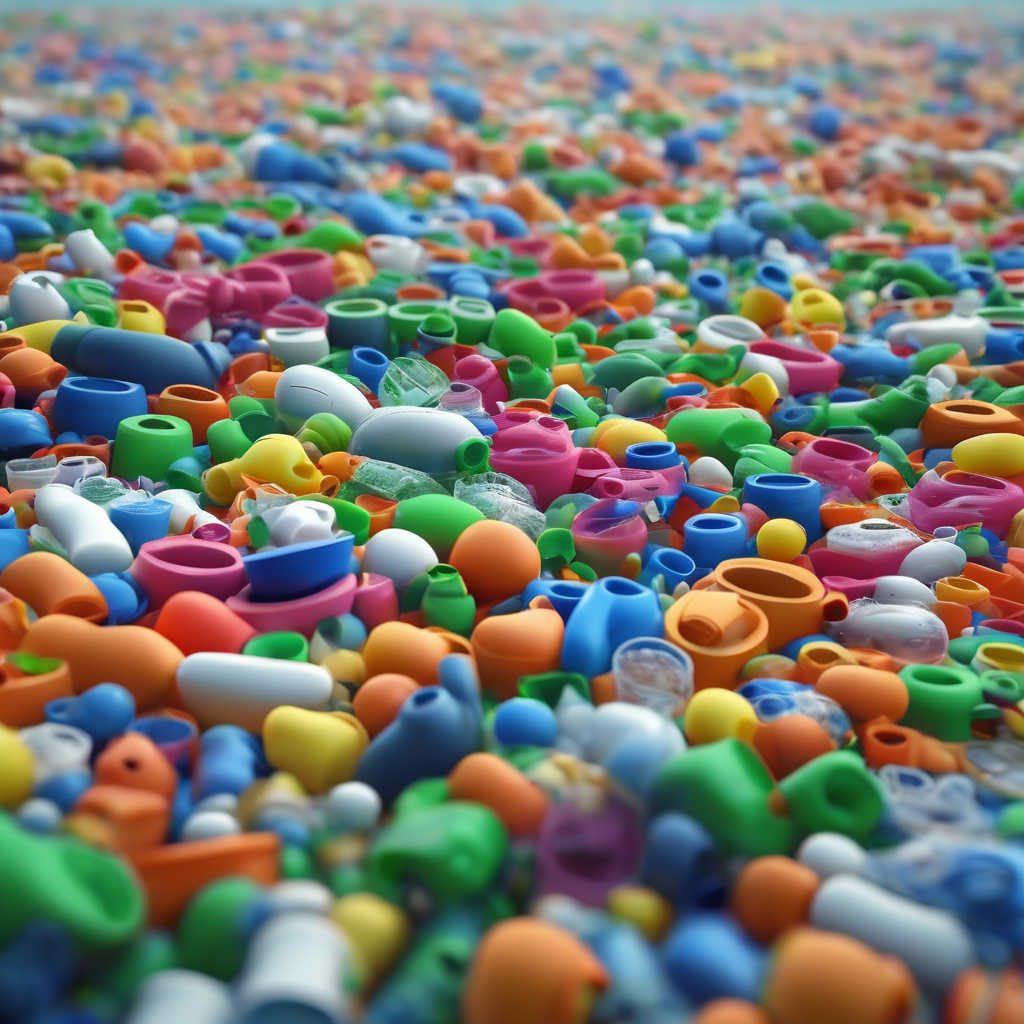Plastic is an incredibly versatile and ubiquitous material that has revolutionized countless industries and aspects of our daily lives. Plastic has already become extremely important in packaging and construction materials for medical devices and electronics. One obvious downside of plastic is the negative impact that it has on the environment, and increasing numbers of activists are calling for action. To understand the full picture, it is important to explore the journey of plastics from production to recycling.
Plastics are derived from fossil fuels, primarily crude oil and natural gas. Through refining these natural resources, chemists have managed to create strong and flexible synthetic polymers. The most common plastic polymers include polyethylene, polypropylene, polyvinyl chloride, polystyrene, and polyethylene terephthalate. Each type of polymer has unique properties that make it suitable for specific applications and is used in different fields to fulfill different roles. Once the plastic polymers are produced, they undergo various processing techniques to shape them into different forms. These processes include extrusion, injection molding, blow molding, and thermoforming, among others. The end result is a wide range of plastic products that serve diverse purposes in industries and households worldwide.
However, the convenience and durability of plastics come at a cost. Plastics are notorious for their resistance to natural degradation, which means that they persist in the environment for hundreds of years. This suggests that they can dwell in natural environments for excessively lengthy periods of time, which would damage the local ecosystem. Improper disposal and inadequate waste management systems have led to the accumulation of plastic waste in landfills, oceans, and other ecosystems.
To combat the environmental impact of plastic waste, recycling has emerged as a crucial solution. The recycling process involves collecting, sorting, cleaning, and reprocessing plastic waste to produce new plastic products. Recycling helps reduce the demand for virgin plastic production, conserves resources, and minimizes the amount of plastic ending up in landfills or polluting natural habitats. Plastic waste would be collected through curbside recycling programs, drop-off centers, or specialized collection facilities. After careful sorting of the plastics, it undergoes cleaning and removes dirt, labels, or residues. The cleaned plastics are then processed through various recycling techniques. Mechanical recycling is the most common method, which involves shredding, melting, and reforming the plastics into pellets or flakes. These recycled plastics can be used to manufacture new products, such as packaging materials, containers, or even clothing. In addition to mechanical recycling, there are other advanced recycling technologies being developed. These include chemical recycling, which involves breaking down the plastic polymers into their basic building blocks to create new plastics or other chemicals. There are also efforts to explore biodegradable and compostable plastics that can degrade more easily in the environment.
However, it is important to note that recycling alone is not the ultimate solution to the plastic waste problem. Through increasing public awareness on the topic, it can support efforts to reduce plastic consumption, improve waste prevention, and improve waste management.
In conclusion, the journey of plastics from production to recycling is a complex and multifaceted process. Plastics are derived from fossil fuels, undergo various manufacturing techniques, and serve a wide range of applications. Recycling plays a crucial role in mitigating the environmental impact by turning plastic waste into new products. It is essential to adopt a holistic approach that includes reduction, waste prevention, and improved waste management practices to tackle the challenges posed by plastic waste effectively.







Leave a Reply